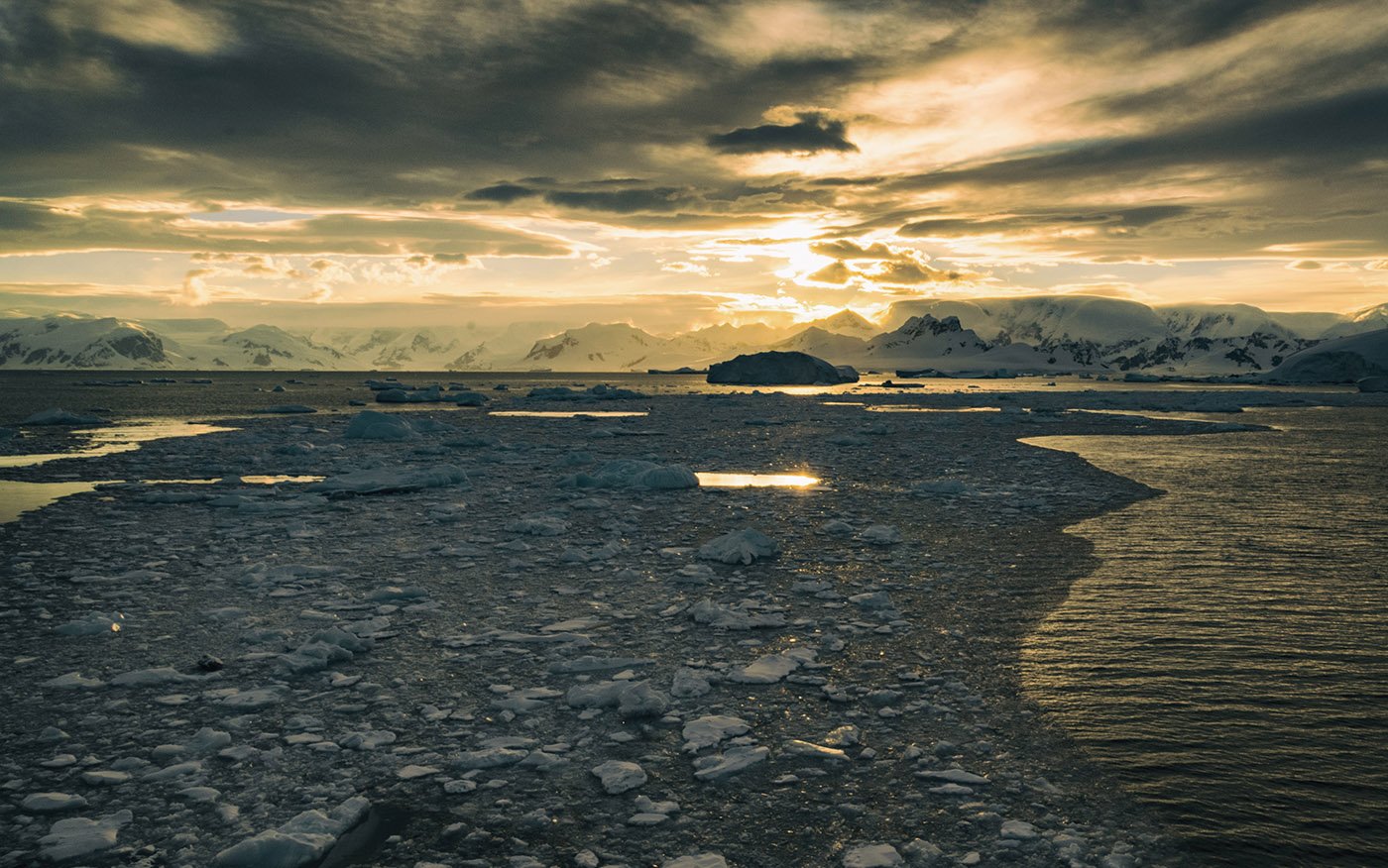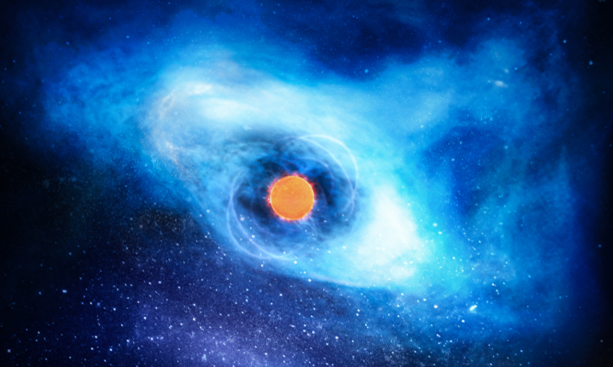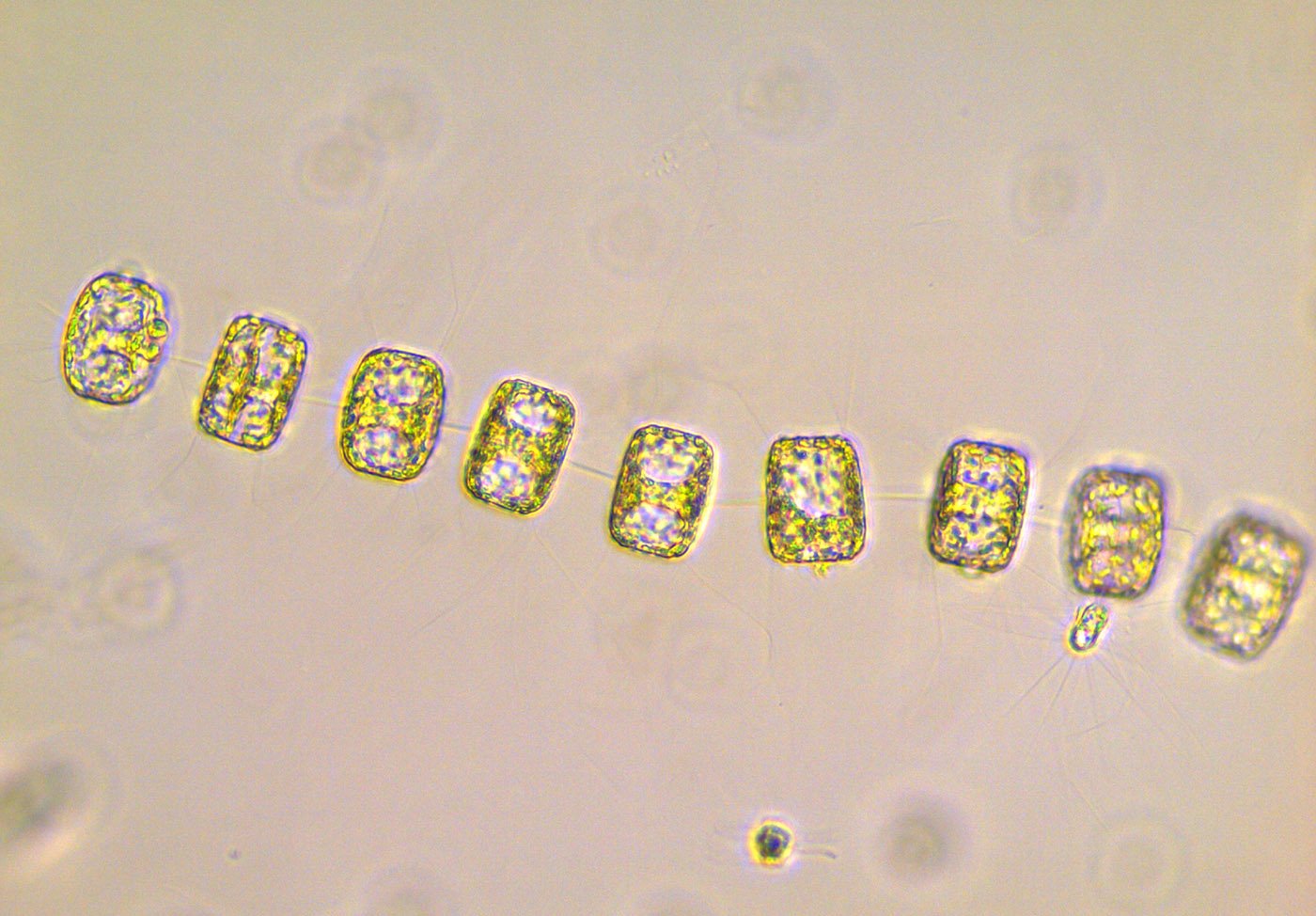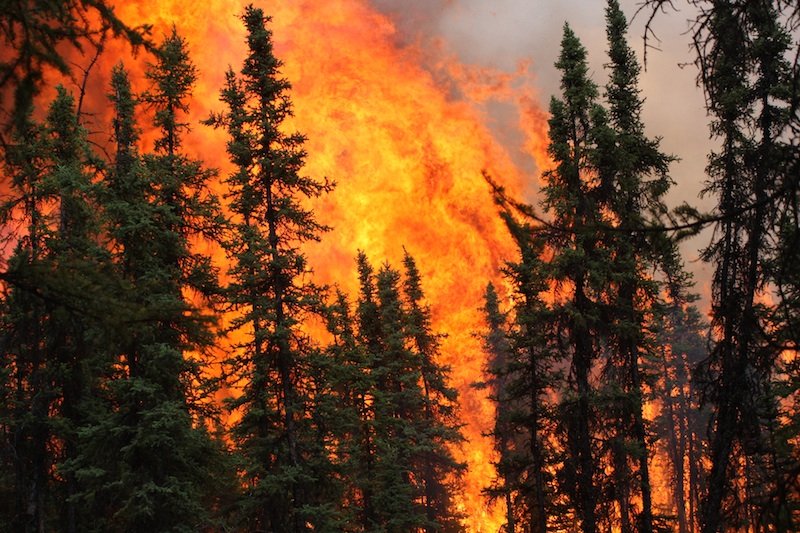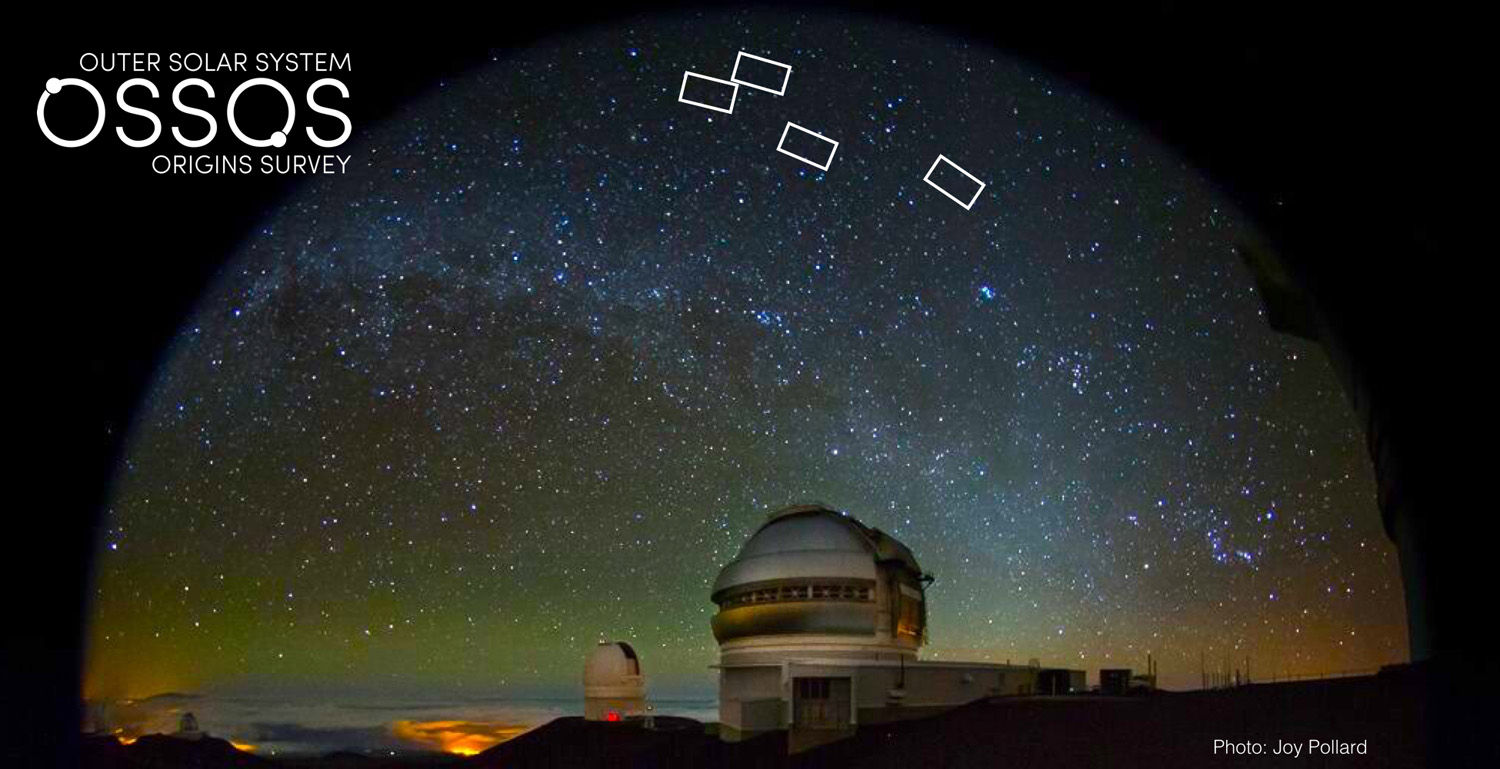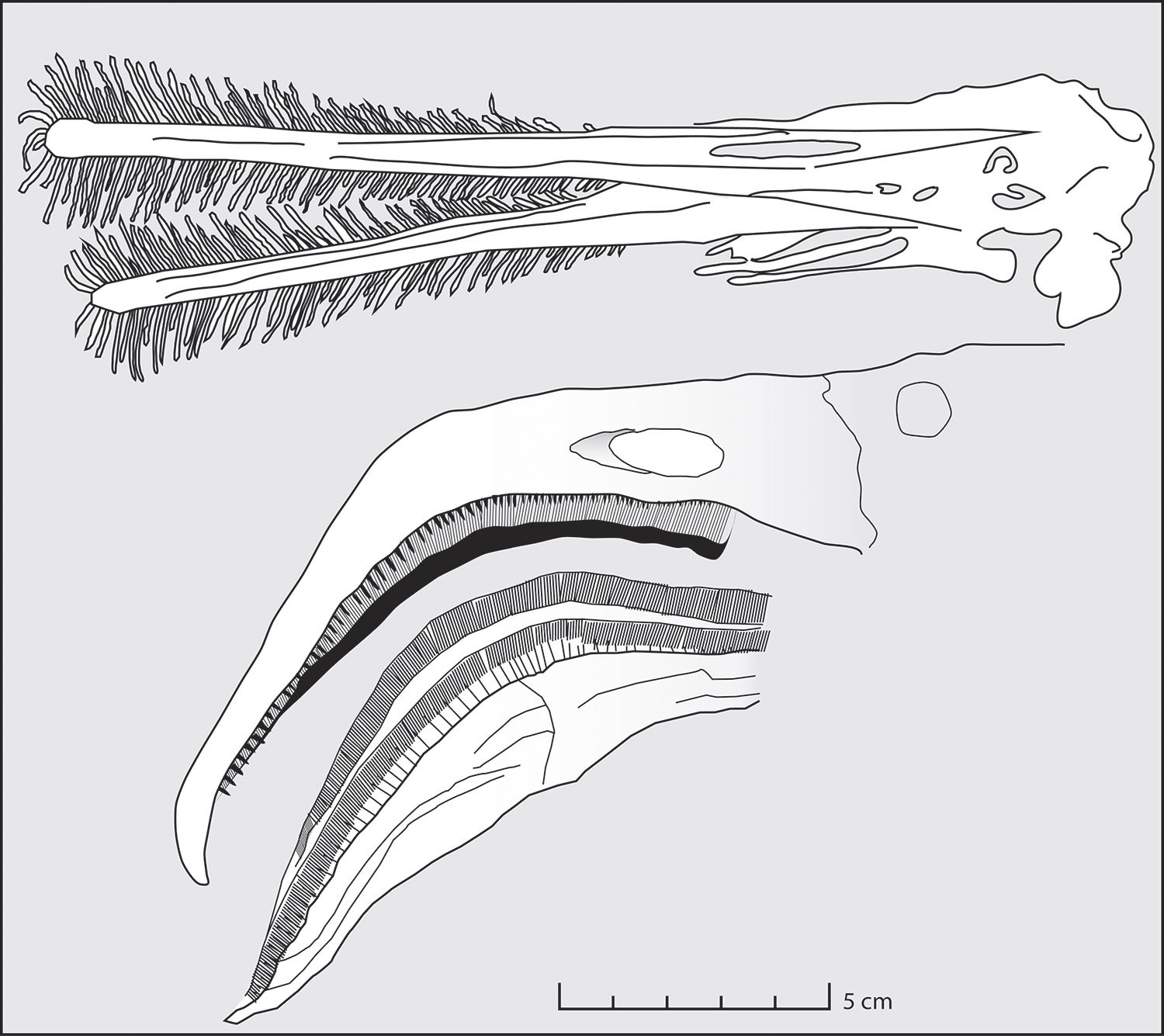“Six Transformations to achieve the Sustainable Development Goals” lays out integrated framework for implementing the SDGs
The Sustainable Development Goals (SDGs) and the Paris Agreement on Climate Change call for deep transformations in every country that require complementary actions by governments, civil society, science, and business. While significant progress is being made on some goals, no country is currently on track towards achieving all SDGs. Says Prof Sachs, “the SDGs have … Read more

